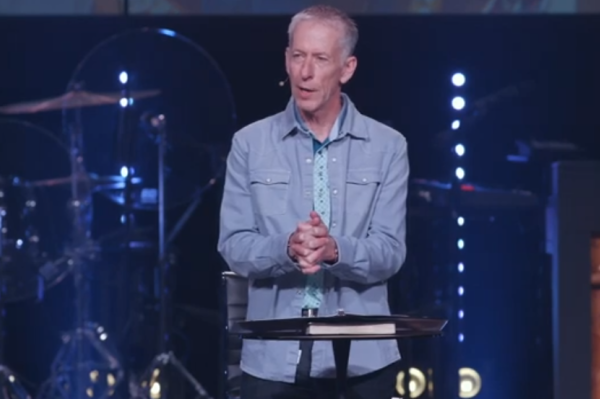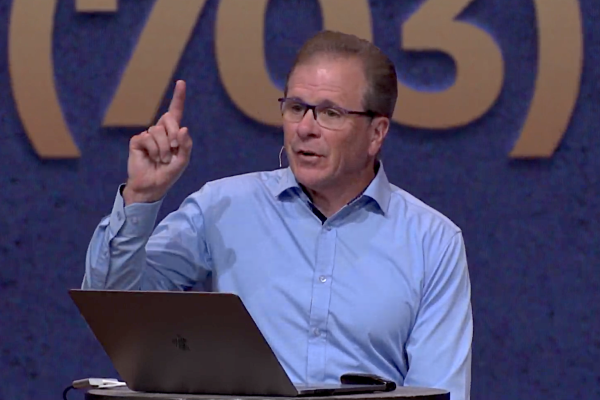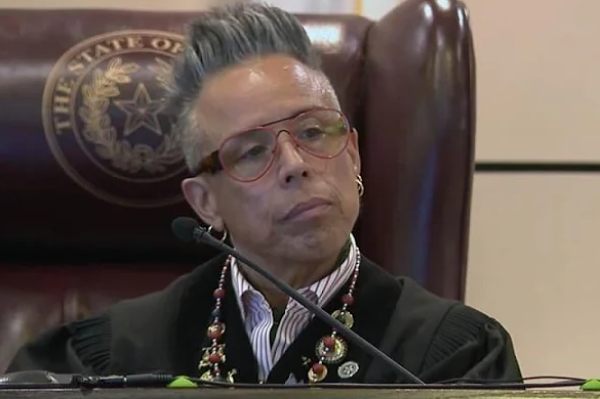God's design for the church can end human trafficking, author says
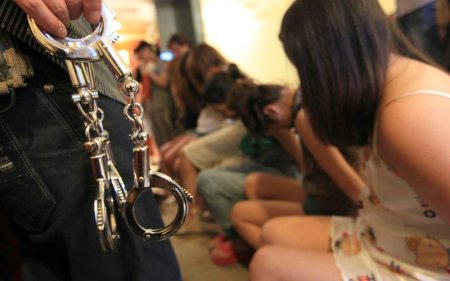
Raleigh Sadler believes that everyone, regardless of age, gender, or social status, can help prevent human trafficking — and he speaks from experience.
Sadler, founder of Let My People Go, a nonprofit organization aimed at helping churches fight human trafficking, told The Christian Post that recently, he received a phone call from Nathan, a pastor in Ridgewood, Queens.
Nathan, who had started a small church plant in a neighborhood with a large immigrant population, told Sadler how, while handing out coats to those in the local community, he met a young woman from Central Asia. In broken English, the woman told him she had gotten a job right next to the church at a massage parlor.
“I was excited for her, and I said, ‘I'm looking forward to seeing you again, glad that you're in the neighborhood, and here's your coat,’” Nathan responded.
A few months later, Nathan saw the woman again — but not in the way he had anticipated.
“Someone from the community called him and said, ‘there is a brothel owner community Facebook page,’” Sadler shared. “So he clicked the link and he sees, in a provocative pose, the woman to whom he gave a coat.”
Unsure of what to do, Nathan called Sadler: “I just pushed him and encouraged him. I said, ‘You need to contact your precinct and tell them everything,’” Sadler recounted.
Nathan took his advice, and police responded by parking a car out in front of the massage parlor: “They said if it's not a brothel it won't hurt business. But if it is a brothel, sex buyers will not come in if they see the car,” Sadler explained.
Fast forward several months, and because of that single engagement, 24 illicit massage parlors in Ridgewood, Queens, were shut down by police that year.
“This was just one small church plant just trying to keep the lights on and reach their community,” Sadler told The Christian Post. “And they were able to see their community change because they started focusing on vulnerable people.”
“God's design for the church to end trafficking, I firmly believe, is through vulnerable people like you and me, loving other vulnerable people because Christ was made vulnerable for us,” he added. “Throughout Scripture, Jesus was always present with vulnerable populations — and so that's what they did, and they saved countless lives as a result.”
According to the Global Slavery Index, an estimated 40.3 million men, women, and children were victims of modern slavery on any given day in 2016. Of these, 24.9 million people were in forced labor and 15.4 million people were living in a forced marriage. Women and girls are vastly over-represented, making up 71 percent of victims.
In his new book Vulnerable: Rethinking Human Trafficking, Sadler shares his own experience fighting human trafficking and encourages Christians to get involved in long-term ministry — both personally and through their church.
“This book is written to help people understand that you, as God has made you at this moment, are equipped to serve the people that traffickers target,” he explained.
“Traffickers target vulnerable people, and as Christians, we understand that these are the very people we've been called to protect," he continued. "I wrote this book to show people that the very thing that they think disqualifies them to love people is the actual thing that qualifies them to do anything in the first place.”
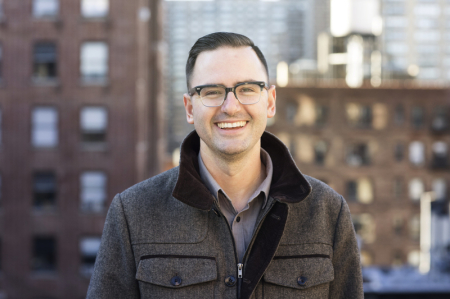
In his book, Sadler identifies practical steps — an appendix called "100 Ways You Can Fight Human Trafficking Today" — readers can take to fight trafficking in their local communities. These include: Reading a book on the subject; setting a Google alert for human trafficking in your community; plugging the human trafficking hotline number into your phone (888) 373-7888; and getting to know your vulnerable neighbor.
Sadler pointed out that thanks to social media, people are more connected than ever — and are thus able to fight modern-day slavery like never before.
“There are a lot of well-meaning Christians who want to do something about human trafficking, especially after they hear about it,” he said. “But when they hear that millions of people are held in modern-day slavery around the world, it's very easy to feel overwhelmed. So rather than doing something, they do nothing. We empower them to make a meaningful change.”
Sadler started Let My People Go in 2012 after he felt God calling him to fight human trafficking at a 2012 Passion conference in Atlanta, Georgia. Through the organization, he educates churches and individuals about exploitation and introduces them to ways they can love the people around them who are vulnerable to trafficking. He also teaches churches how to collaborate with local stakeholders in their community, like social services, local NGOs, or local law enforcement.
The local church, he said, has an obligation to take notice of those who are most at risk of exploitation in their communities. And fighting human trafficking, he explained, begins with relationships: “It's not just rescuing them and getting them from point A to point B,” he said. “That doesn’t solve the whole problem. It's a relational solution, it’s identifying the vulnerable in our community and getting to know them.”
“There are so many churches I work with that are doing great ministries, but I always ask the question: ‘How many of those people in that ministry are coming to your church?’” he continued. “And they all say little to none. Churches don't change until they start looking like the people they’re trying to reach. And I feel like if the church actually begins to look like the people they’re trying to reach, and those people feel comfortable there, then they'll feel included.”
God, Sadler concluded, calls on His people to love the neighbor of His choosing — not the neighbor of our choosing.
"So often, we choose to love only those who look or act like us," he said. "We need to see beyond our social, political, or even our spiritual lens and realize sometimes those most vulnerable neighbors aren’t those we expect.”
To learn more about Vulnerable, visit raleighsadler.com/vulnerable.










